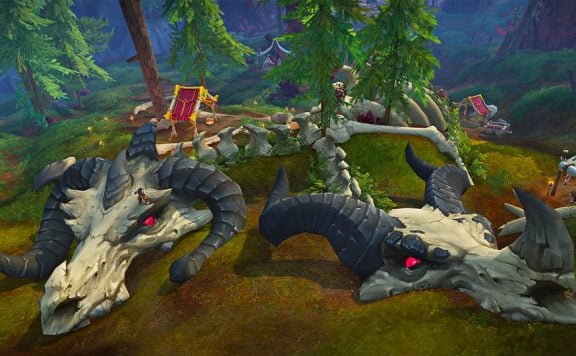In the ever-evolving landscape of video games, the marriage of artificial intelligence (AI) and gaming technology has birthed a new era of immersive and intelligent gameplay. The intersection of AI and video games is not merely a technological collaboration, but a symphony that has transformed the way we experience virtual worlds. From adaptive enemy behavior to lifelike non-player characters (NPCs), AI has become an indispensable tool for game developers seeking to create dynamic and engaging gaming experiences.
AI technology has made significant contributions to the field of video games by enhancing player experience through more intelligent and responsive gameplay. According to ExpressVPN, Stanley elaborated on the potential of games as a testing ground for algorithms like NEAT. He emphasized that unlike costly robotic hardware, games necessitate fewer resources and provide a platform for rapid AI experimentation without real-world risks.
AI in Game Design
Game designers utilize AI algorithms to create virtual characters and non-player characters (NPCs) with advanced behaviors, making them more realistic and challenging for players to interact with. AI also enables dynamic game environments that adapt to player choices and actions, providing a more immersive and engaging gaming experience.
AI-powered procedural generation techniques are used to create vast and diverse game worlds, ensuring unique experiences for players in each play through. AI is employed in game testing and quality assurance processes, allowing developers to identify and address potential issues more efficiently.
NPC Behavior
AI is utilized in video games to create more realistic and interactive experiences for players. One common use of AI is in non-player character (NPC) behavior, where it simulates human-like intelligence. This allows NPCs to react dynamically to the player’s actions, making the game world feel more alive and immersive.
AI algorithms can be used to make NPCs adapt their behavior based on environmental cues, such as seeking cover during combat or changing their route in response to obstacles. Additionally, AI can be employed to make NPCs learn from experience, creating unique interactions through repeated play through.
Procedural Content Generation
AI is utilized in video games for a multitude of purposes, with one key area being procedural content generation. This involves the use of algorithms and AI to dynamically create game worlds and environments. By leveraging AI, developers can generate vast and varied landscapes, levels, and scenarios that offer unique experiences for players.
One example of this technology in action is the creation of dynamic ecosystems within games. AI can control the behavior of in-game entities such as animals or NPCs, adapting their actions based on changing environmental conditions or player interactions. This results in an ever-evolving game world that feels more immersive and realistic.
Adaptive Difficulty
AI involves tailoring the level of challenges to individual players’ skills and experiences through the use of AI algorithms. By analyzing player behavior and performance, AI can dynamically adjust the difficulty within the game to ensure a balanced and engaging experience for all players.
If a player consistently struggles with certain aspects of a game, such as combat or puzzle-solving, the AI can intelligently modify enemy strength or puzzle complexity to provide an appropriate level of challenge. On the other hand, if a player demonstrates high proficiency, AI can ramp up the difficulty to maintain engagement and prevent boredom.
Data Analysis and Prediction
AI is used in video games to enhance the gaming experience through data analysis and prediction. By analyzing player behavior and preferences, AI can generate personalized gaming experiences that cater to individual interests and playing styles. For example, AI algorithms can analyze a player’s interactions within the game, such as their preferred strategies or character choices, to tailor the game environment accordingly.
Conclusion
In conclusion, the use of AI in video games has revolutionized the gaming industry, offering unprecedented levels of immersion and entertainment. As AI technology continues to advance, we can expect even more sophisticated and dynamic gameplay experiences in the future. With the potential for AI to create more realistic non-player characters and enhance game worlds, the future of AI in video games is incredibly promising.




